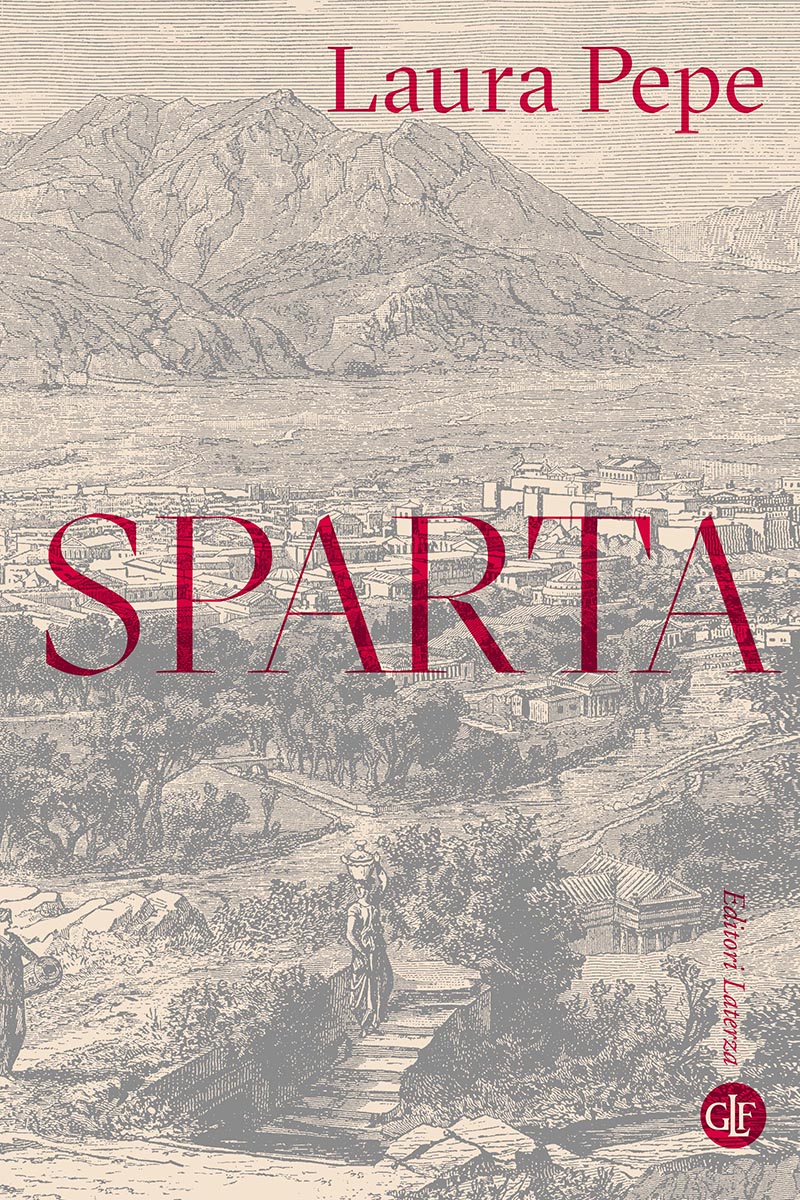
Pages: 256
Series: IR/L
ISBN: 9788858155165
Sparta
We know of Sparta only what Athens has told us. But if we read carefully among the testimonies of the past, a new story emerges.
What do we know about Sparta? A city of warriors, populated by war heroes programmed to fight in defence of their homeland without fear of death. A society where the individual counts for nothing in the face of the powerful state apparatus. Sparta is the austere polis that mercilessly eliminates imperfect children and imposes harsh training on the survivors. This book attempts to go beyond the stereotype and paint a truer picture - without falling into the opposite extreme. We discover that Sparta was not brutal to its citizens and that the Vulgate account of the killing of children is probably a fake; that Spartan education was not so different from that given to young people in other cities of Greece; that life in Sparta did not mean devoting oneself only to war and military training, quite the opposite: Sparta was the city of wit, of music, of festivals, of bathing in the river Eurota; that women had more freedom, more culture and more rights than other Greek women of the same period; and again, that Sparta was not made up of nameless, faceless warriors, but of flesh-and-blood people animated by a deep love for their city: the lawgiver Lycurgus, creator of the laws that made Sparta great; King Leonidas, who died heroically at Thermopylae with his three hundred spartan soldiers; his wife Gorgo, a woman of extraordinary wisdom; Cynisca, the first woman to win the Olympics games.





